Supreme Court rules Yeshiva University must accommodate LBGT group, for now

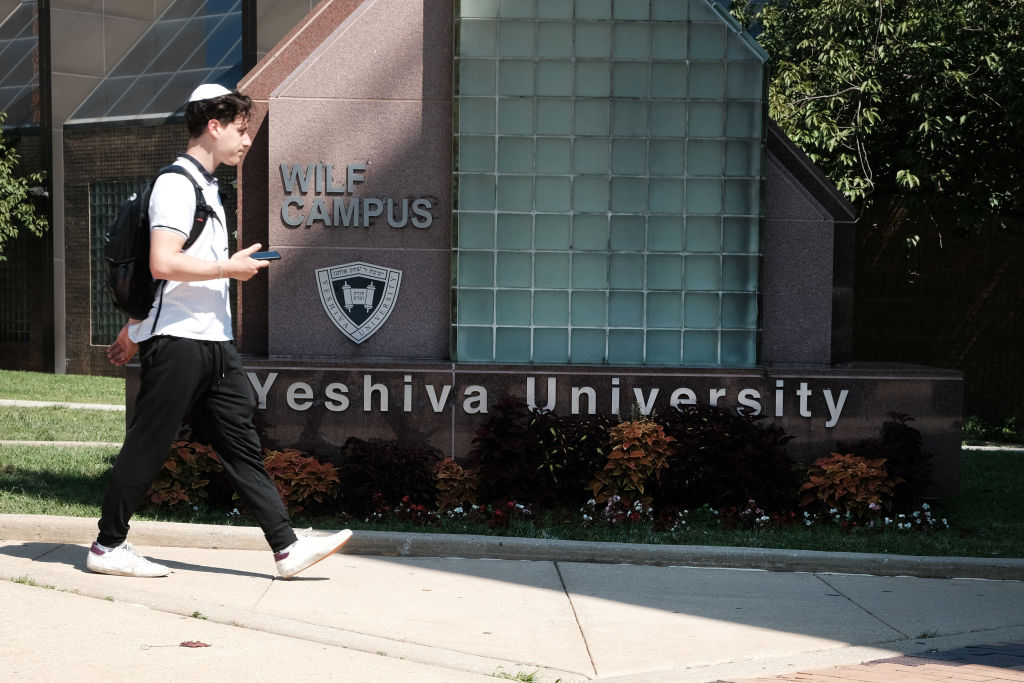
A free daily email with the biggest news stories of the day – and the best features from TheWeek.com
You are now subscribed
Your newsletter sign-up was successful
The Supreme Court on Wednesday voted 5-4 that Yeshiva University in New York City must recognize an LGBT student organization, Y.U. Pride Alliance, while it appeals a state court judge's ruling in proper order. Justice Sonia Sotomayor temporarily blocked the state court's order last week, giving the entire Supreme Court a chance to weigh in. Wednesday's ruling lifted that stay.
The unsigned majority opinion did not weigh in on the merits of the case but said Yeshiva, a Modern Orthodox university, has "at least two further avenues for expedited or interim state court relief," and if they "seek and receive neither expedited review nor interim relief from the New York courts, they may return to this court." The order reflected the views of Chief Justice John Roberts and Justices Sotomayor, Elena Kagan, Brett Kavanaugh, and Ketanji Brown Jackson.
The New York state trial judge, Justice Lynn Kotler, had sided with the Pride Alliance, ruling that since Yeshiva University had been incorporated as an educational institution, not a religious one, it must abide by New York City's nondiscrimination Human Rights Law. Yeshiva argued in its U.S. Supreme Court appeal that, "as a deeply religions Jewish university," it has a First Amendment right to preserve "its sincere religious beliefs about how to form its undergraduate students in Torah values."
The Week
Escape your echo chamber. Get the facts behind the news, plus analysis from multiple perspectives.

Sign up for The Week's Free Newsletters
From our morning news briefing to a weekly Good News Newsletter, get the best of The Week delivered directly to your inbox.
From our morning news briefing to a weekly Good News Newsletter, get the best of The Week delivered directly to your inbox.
The student group countered that Kotler's ruling "does not touch the university's well-established right to express to all students its sincerely held beliefs about Torah values and sexual orientation," but rather ensures that all students have "access to the non-religious resources it offers the entire student community." Yeshiva University doesn't require its staff or professors to be Jewish and enrolls students of all religious backgrounds, The Washington Post notes.
"All this case is about," the students told the Supreme Court, "is whether Y.U. has to allow the student club access to campus classrooms for meetings or bulletin boards."
Justice Samuel Alito disagreed, writing in his dissent that if the First Amendment means anything, "it prohibits a state from enforcing its own preferred interpretation of Holy Scripture," adding that "a state's imposition of its own mandatory interpretation of Scripture is a shocking development that calls out for review" and lamenting that "majority of this court refuses to provide relief." His dissent was joined by Justices Clarence Thomas, Neil Gorsuch, and Amy Coney Barrett.
A free daily email with the biggest news stories of the day – and the best features from TheWeek.com
Peter has worked as a news and culture writer and editor at The Week since the site's launch in 2008. He covers politics, world affairs, religion and cultural currents. His journalism career began as a copy editor at a financial newswire and has included editorial positions at The New York Times Magazine, Facts on File, and Oregon State University.
-
 Is Andrew’s arrest the end for the monarchy?
Is Andrew’s arrest the end for the monarchy?Today's Big Question The King has distanced the Royal Family from his disgraced brother but a ‘fit of revolutionary disgust’ could still wipe them out
-
 Quiz of The Week: 14 – 20 February
Quiz of The Week: 14 – 20 FebruaryQuiz Have you been paying attention to The Week’s news?
-
 The Week Unwrapped: Do the Freemasons have too much sway in the police force?
The Week Unwrapped: Do the Freemasons have too much sway in the police force?Podcast Plus, what does the growing popularity of prediction markets mean for the future? And why are UK film and TV workers struggling?
-
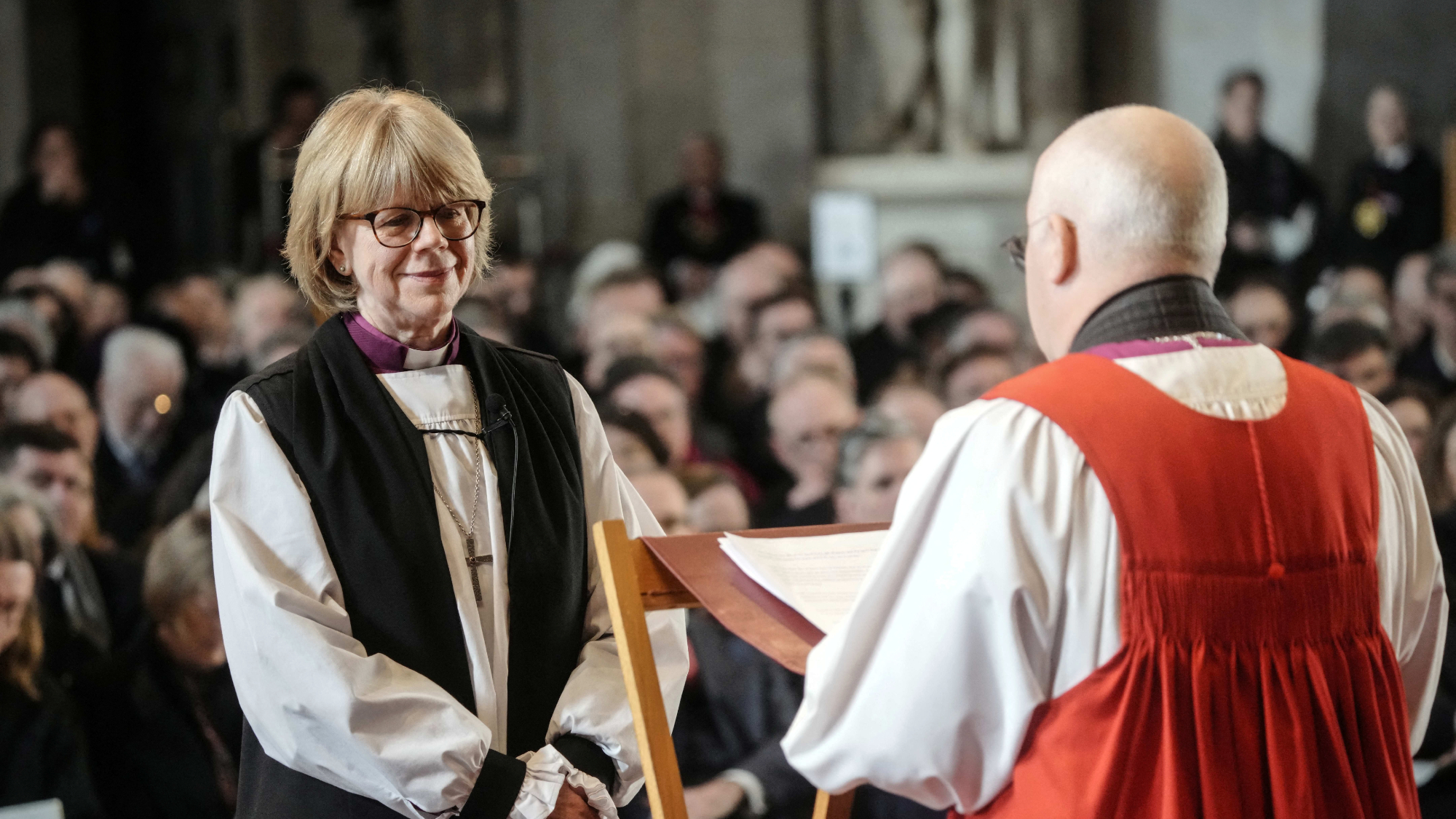 Church of England instates first woman leader
Church of England instates first woman leaderSpeed Read Sarah Mullally became the 106th Archbishop of Canterbury
-
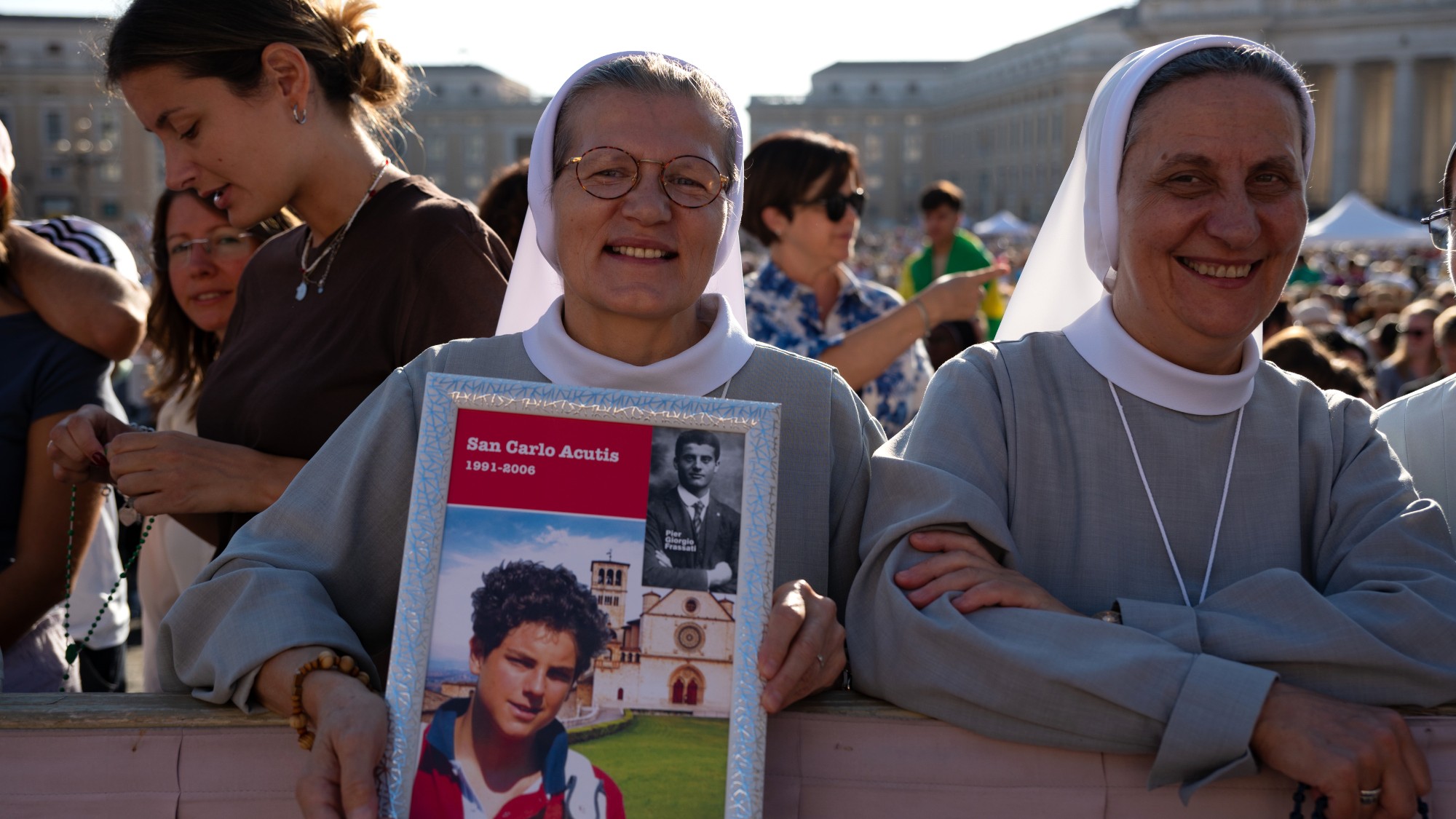 Pope Leo canonizes first millennial saint
Pope Leo canonizes first millennial saintSpeed Read Two young Italians, Carlo Acutis and Pier Giorgio Frassati, were elevated to sainthood
-
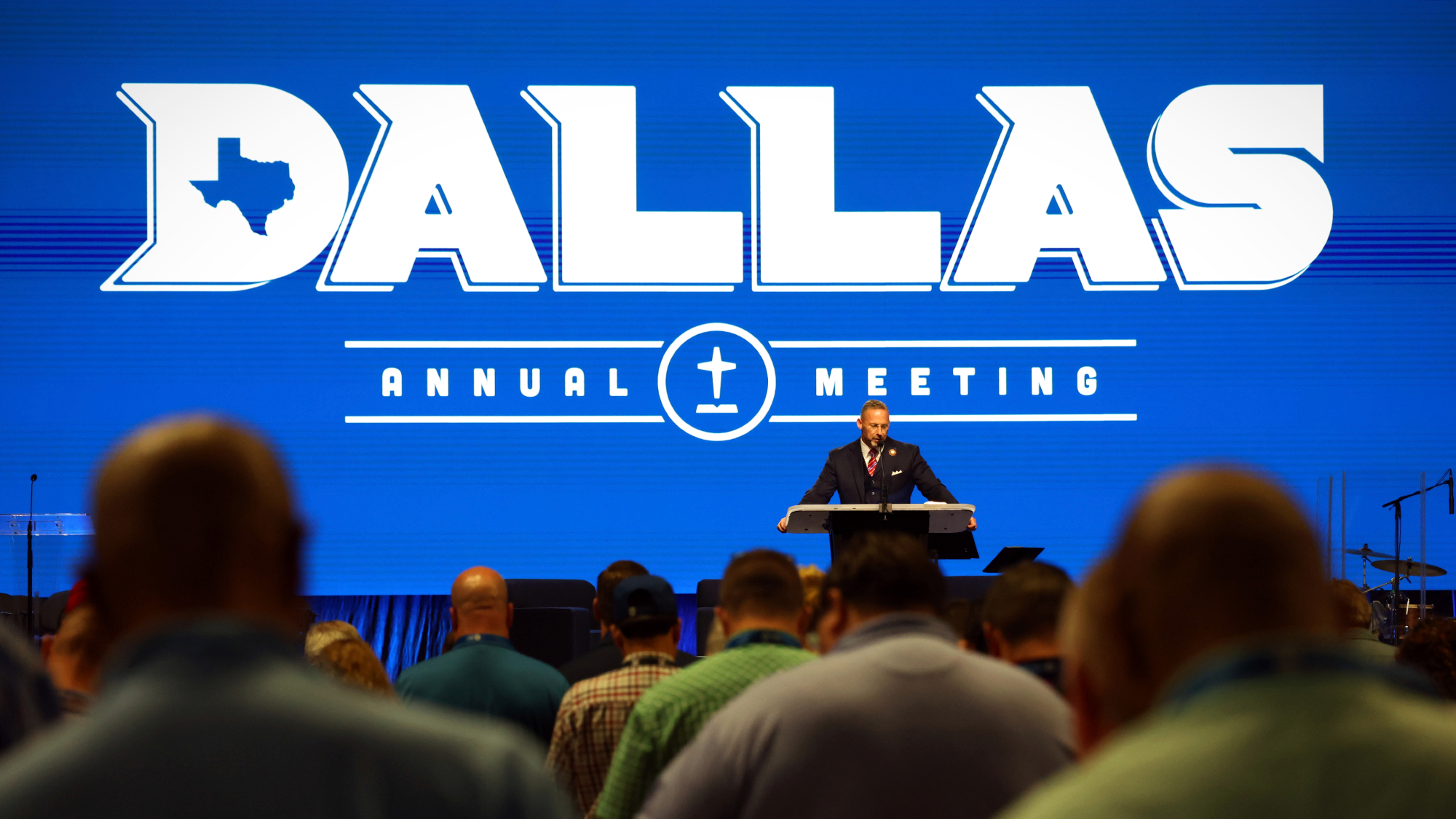 Southern Baptists endorse gay marriage ban
Southern Baptists endorse gay marriage banSpeed Read The largest US Protestant denomination voted to ban same-sex marriage and pornography at their national meeting
-
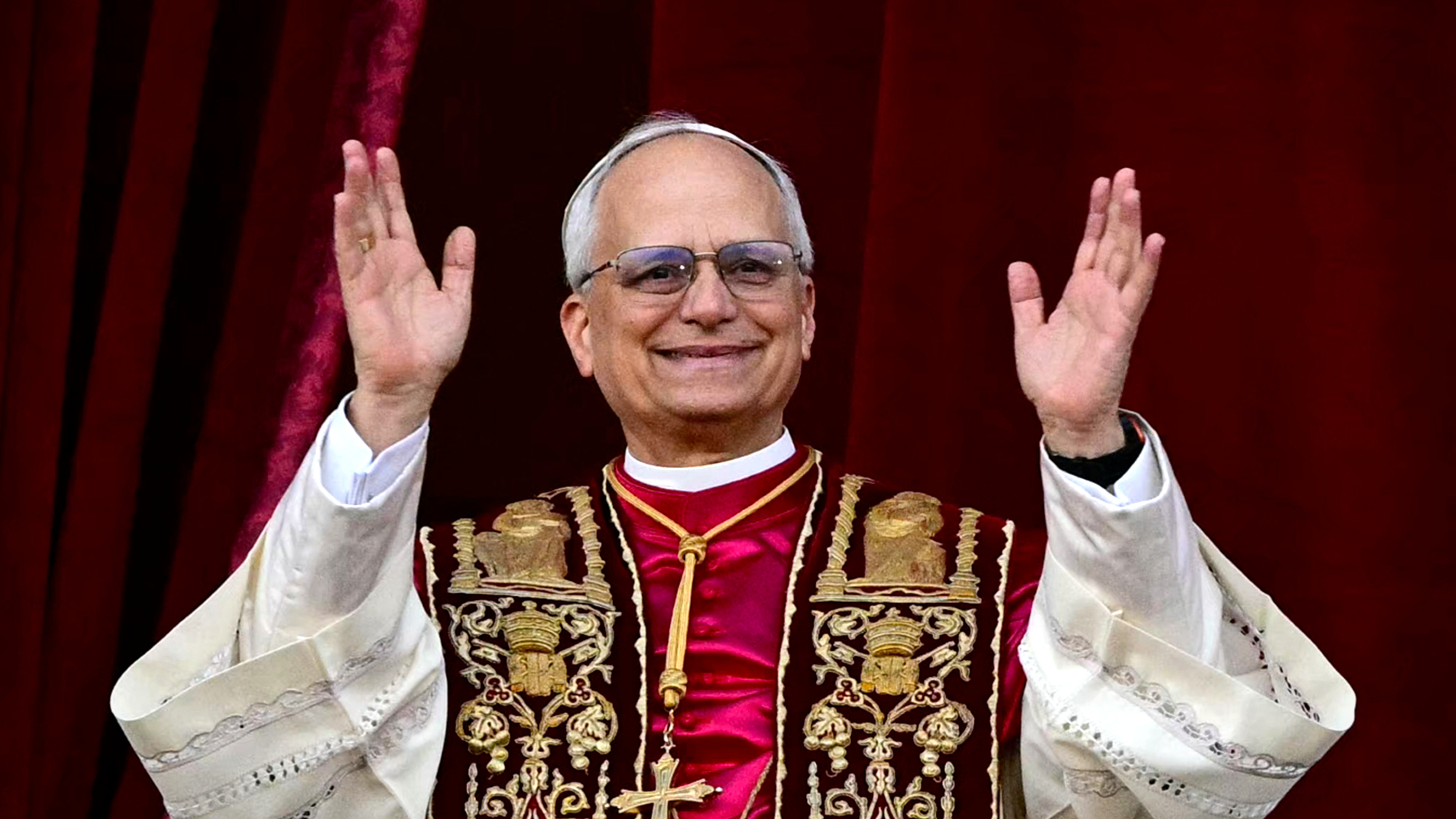 Prevost elected first US pope, becomes Leo XIV
Prevost elected first US pope, becomes Leo XIVspeed read Cardinal Robert Francis Prevost is a Chicago native who spent decades living in Peru
-
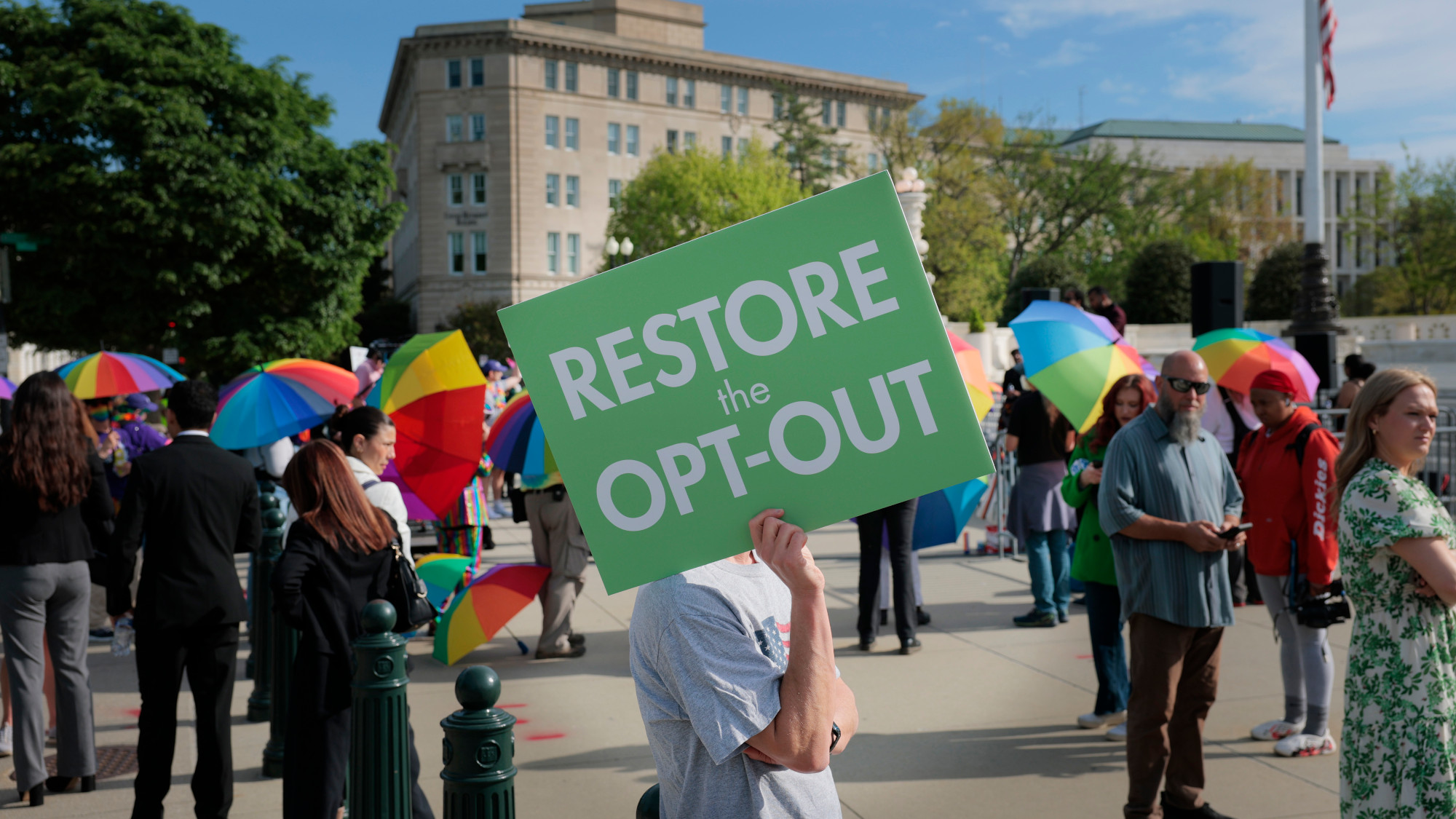 Schools: When religious parents object
Schools: When religious parents objectFeature Maryland parents seek to opt their children out of LGBTQ-themed lessons that contradict their religious beliefs
-
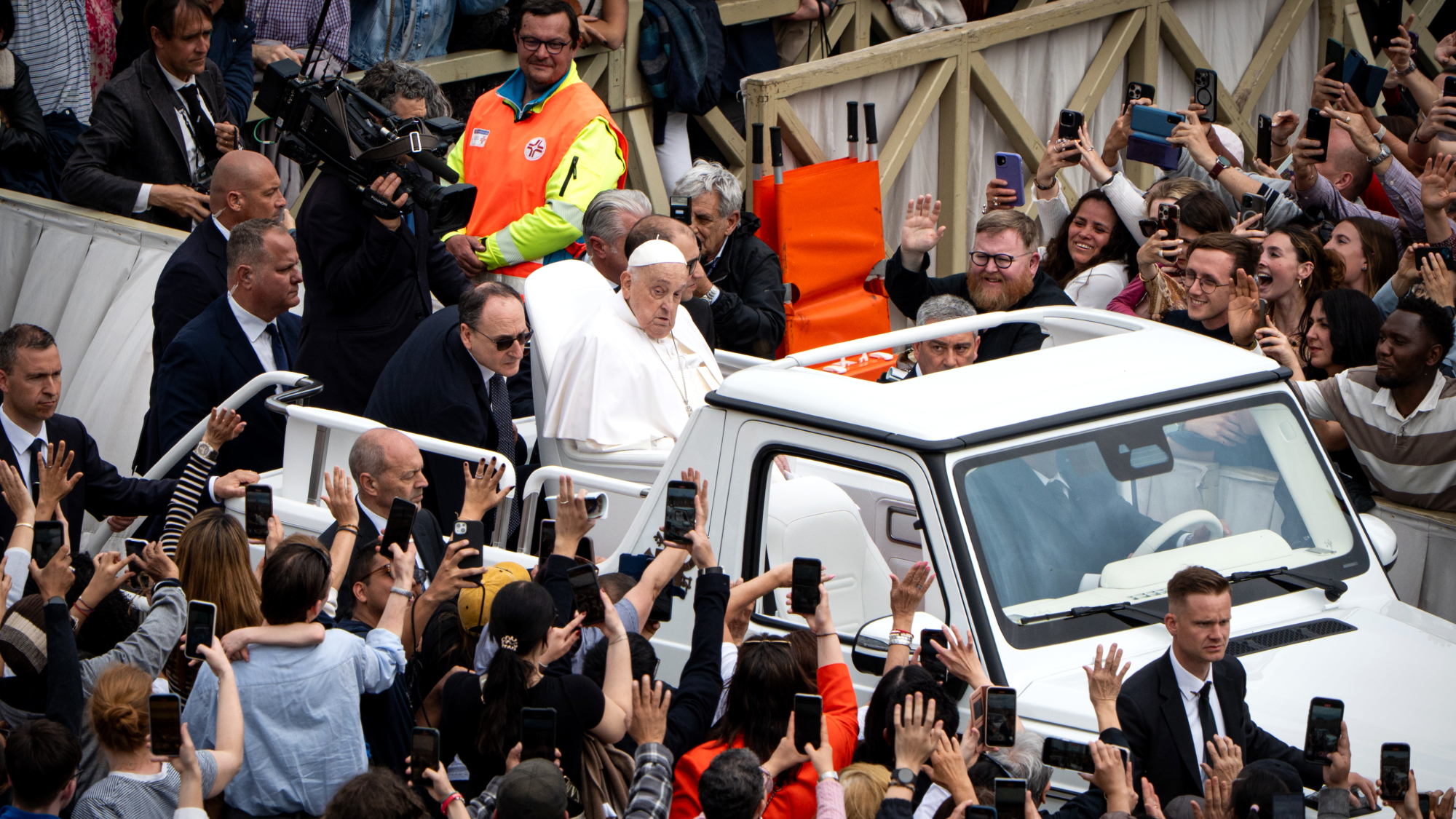 Pope Francis dies at 88
Pope Francis dies at 88Speed Read 'How much contempt is stirred up at times toward the vulnerable, the marginalized and migrants,' Pope Francis wrote in his final living message
-
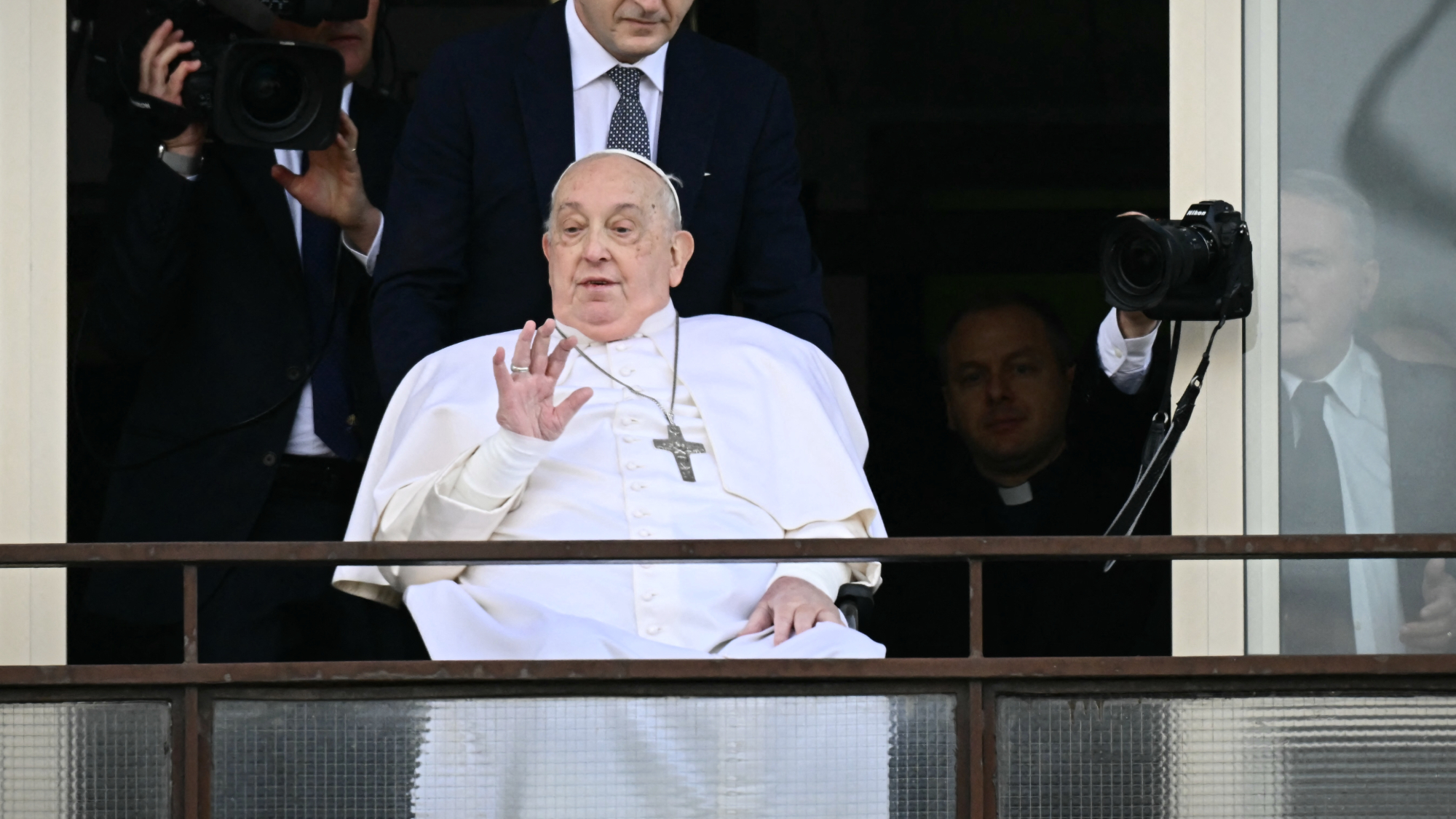 Pope returns to Vatican after long hospital stay
Pope returns to Vatican after long hospital staySpeed Read Pope Francis entered the hospital on Feb. 14 and battled double pneumonia
-
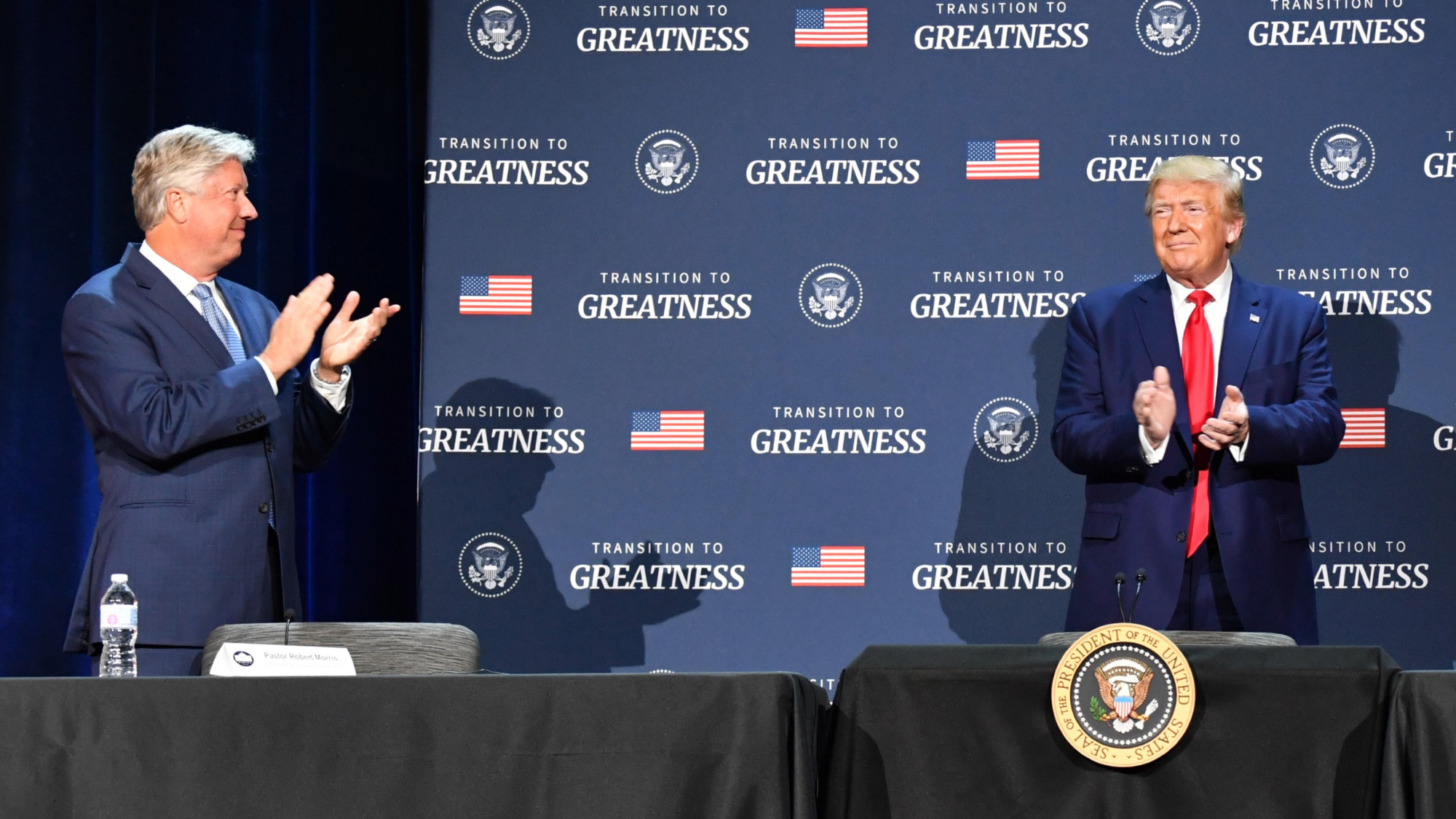 Texas megachurch founder charged with sex crimes
Texas megachurch founder charged with sex crimesSpeed Read Robert Morris, former spiritual adviser to President Donald Trump, is accused of sexually abusing a child
